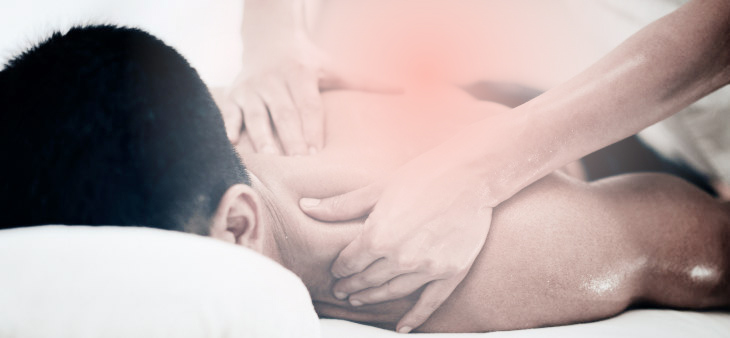I have been providing massage services since 2008, and the results I have seen on my patients are clearly noticeable.
It is also the position of the American Massage Therapy Association (AMTA) that massage therapy can be effective for stress relief.
Stress is prevalent in today’s fast-paced world, which can negatively impact an individual’s health and well-being. Massage therapy has been shown to be a means by which stress can be reduced significantly on physical and psychological levels. While massage therapists know from experience that massage reduces stress, there is considerable research that validates our experience.
In a study on the effect of trigger point therapy1, there was a significant decrease in heart rate, systolic blood pressure8, and diastolic blood pressure8. Measures of oxygen consumption, blood pressure, and salivary cortisol levels were all lower after a 10 to 15-minute chair massage in controlled studies2, 3, 4. Changes in psychological states have been measured by physiological responses1, 3, the Perceived Stress Scale5, the POMS Depression Scale4,6, and the Anxiety State Scale4.
In the attached studies, all subjects in the massage group showed significant changes in emotional states and stress levels.
References
- Delaney, J.P., Leong, K.S., Watkins, A., & Brodie, D. (2002). The short-term effects of myofascial trigger point massage therapy on cardiac autonomic tone in healthy subjects. Journal of Advanced Nursing, 37, 364-71.
- Boone, T., Tanner, M., & Radosevich, A. (2001). Effects of a 10-minute back rub on cardiovascular responses in healthy subjects. American Journal of Chinese Medicine. 29, 47-52.
- Cady, S. H., & Jones, G. E. (1997). Massage therapy as a workplace intervention for reduction of stress. Perceptual & Motor Skills, 84, 157-158.
- Field, T., Ironson, G., Scafidi, F., Nawrocki, T., Goncalves, A., Burman, I., Pickens, J., Fox, N., Schanberg, S., & Kuhn, C. (1996). Massage therapy reduces anxiety and enhances EEG pattern of alertness and math computations.
- International Journal of Neuroscience, 86, 197-205.
- Brennan, M.K. & DeBate, R. (2004).The effect of chair massage on stress perception of hospital bedside nurses. Massage Therapy Journal 43, (1), 76-86.
- Field, T., Quintino, O., Henteleff, T., Wells-Keife, L., & Delvecchio-Feinberg, G. (1997). Job stress reduction therapies. Alternative Therapies in Health and Medicine, 3, (4), 54-56.
- MacDonald, G. (1998). Massage offers respite for primary care givers. The American Journal of Hospice & Palliative Care, Jan/Feb, 43-47.
- Cady, S. H. & Jones, G. E. (1997). Massage therapy as a workplace intervention for reduction of stress. Perceptual & Motor Skills, 84(1), 157-158.





